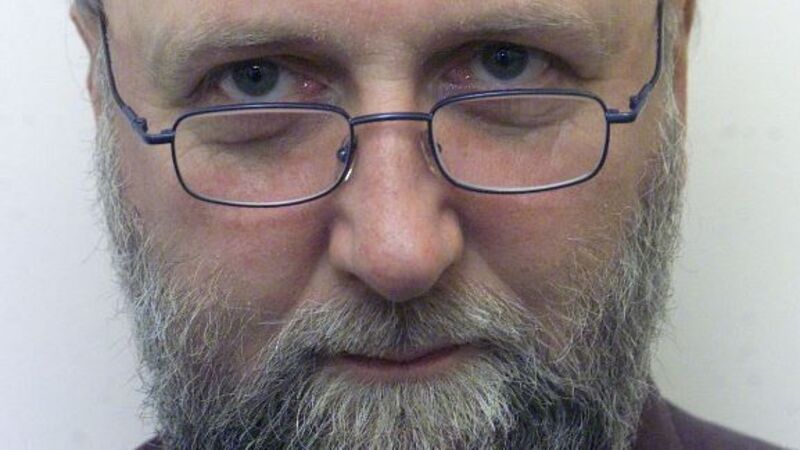The polls are wrong, but here are my three sure election bets

Oh no, you can’t, can you?
That’s the funny thing about the written word. I have to say what I believe, and you get to read it with a choice.
Try from €1.50 / week
SUBSCRIBEOh no, you can’t, can you?
That’s the funny thing about the written word. I have to say what I believe, and you get to read it with a choice.
Already a subscriber? Sign in
You have reached your article limit.
Annual €130 €80
Best value
Monthly €12€6 / month
Introductory offers for new customers. Annual billed once for first year. Renews at €130. Monthly initial discount (first 3 months) billed monthly, then €12 a month. Ts&Cs apply.
CONNECT WITH US TODAY
Be the first to know the latest news and updates
Newsletter
Sign up to the best reads of the week from irishexaminer.com selected just for you.

Select your favourite newsletters and get the best of Irish Examiner delivered to your inbox
Sunday, February 8, 2026 - 7:00 AM
Sunday, February 8, 2026 - 7:00 AM
Saturday, February 7, 2026 - 11:00 PM
© Examiner Echo Group Limited